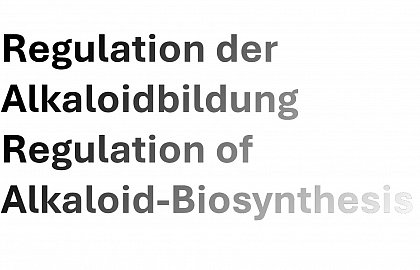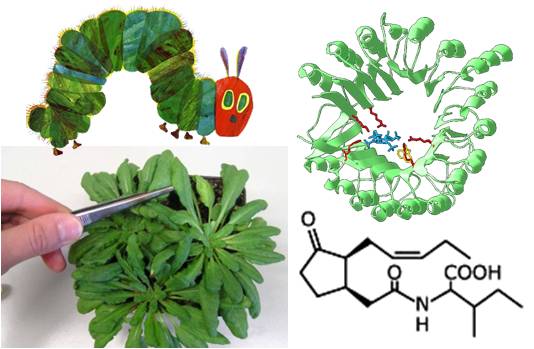
Alkaloids are important secondary plant metabolites and include medicinally relevant drugs, such as morphine or codeine. As the de novo synthesis of alkaloid backbones is still unfeasible, to date the opium poppy plant Papaver somniferum L. represents the main source of alkaloids. The formation of some relevant alkaloids is induced in poppy plants by stress conditions, such as wounding or salt treatment. So far, the details of regulatory processes controlling alkaloid accumulation in opium poppy are not well studied. Environmental stresses, such as wounding or salt, are transduced in plants by phospholipid-based signaling pathways. In this cooperative project we investigate phospholipid signaling of poppy plants and whether it may provide suitable new targets to modulate alkaloid production. A better understanding of the players and principles of regulation of alkaloid biosynthesis might be the basis for the future genetic modification of opium poppy to optimize alkaloid production.
This project is a cooperation with Doc. PharmDr. Marek Obložinský, PhD and the Department of Cell and Molecular Biology of Drugs, Faculty of Pharmacy, Comenius University Bratislava, Slovakia.





